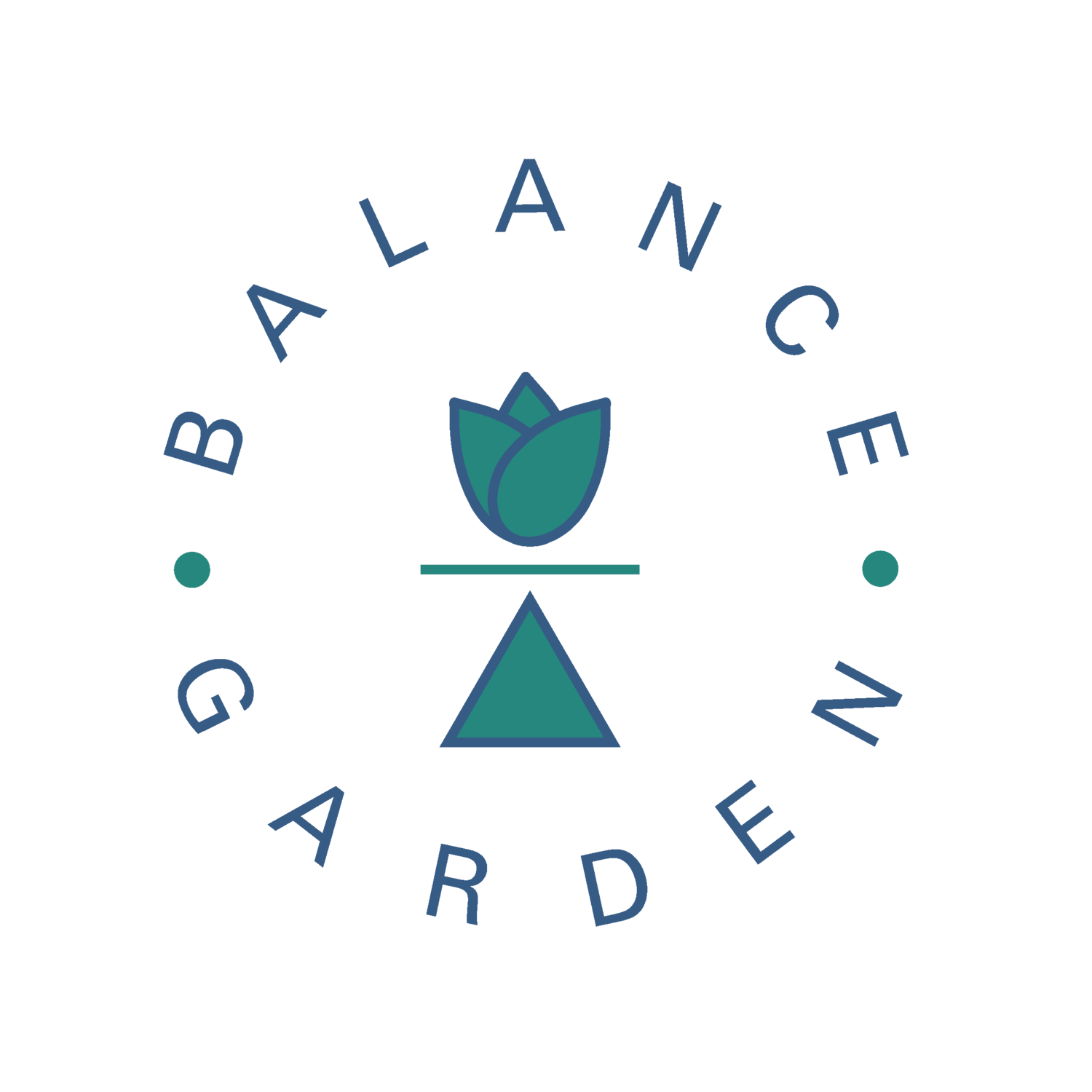Will lockdown open up Valentine’s Day to everyone?
/For the last 5 years I’ve spent Valentine’s Day with my greatest, most enduring and loyal love: my little sister. Fortunately for me, her boyfriend is a chef so he’s always been busy that night. We cook up a delicious dinner and watch a non-rom-com, like ‘Call Me By Your Name’ or ‘Little Women’. That’s not a night out of the ordinary for us though, that’s just how we roll.
Yes, I’ve been single for about 5 years (minus a few short sprints) but Valentine’s Day isn’t something I’ve really participated in since cards signed ‘…?’ were swapped at school. The shamelessly commercial Hallmark holiday, that doesn’t even try to pretend to hold religious or historical significance, isn’t one I set my annual clock by.
I don’t envy the couples I’d see sitting in fully booked fishbowl restaurants filled with shiny heart-shaped balloons for a night of enforced romance… I wonder if many of them feel a sense of relief about this year’s sabbatical; the pennies and pressure spared... perhaps the chance for a truly sentimental gesture. For my fellow singletons and I, the absence of flashy reminders about our status may be somewhat welcome, because it doesn’t have to be a stigma if the billboards don’t tell us it is.
Still, even after the adverts ended, the first lockdown floored me with my own feelings of failure at the prospect of solo isolation. But once I reassured myself that my single fate hadn’t been signed and sealed, I realised that living in routine monotony and close quarters was probably, in many ways, easier alone. My privileged lockdown conditions also pushed me to finally give my love to someone who deserved it - me.
In Ancient Greek there were eight words for different kinds of love: passionate love (Eros), playful love (Ludus), obsessive love (Mania) committed love (Pragma), family love (Storge), compassionate love (Agape), friendship love (Philia) and self-love (Philautia).
As a sceptic of ‘Romantic’ ideology, who’s blogged about its biological and cultural context, I’ve heartily welcomed other, more underrated manifestations of love coming under the spotlight during Covid times. From self-care and mental health awareness, to outpourings of affection for NHS workers, the gates were open for a wave of grief to sweep the world following what might have been just another murder of an African American under the guise of law enforcement.
Meanwhile, local communities were bolstered by mutual aid networks as people found ways to help their fellow humans however they could. Before Covid, I’d smile at people on the street but my friendly eye contact didn’t always elicit a reciprocal response. Now, above the mask, our eyes seek each others’ for a small but mighty exchange.
‘Absence makes the heart grow fonder’ they say. It’s not just our close friends and family we’re missing (if anything, we’re probably more in touch than ever), but humankind as a whole; people we don’t know that well... who we’ve never met or might have rubbed shoulders with in a crowd or queue... friends that might have been, friends of friends. It’s the love for our species we’ve been reminded of.
The pandemic has also been a messenger of love for the ‘more-than-human’; not just our own pets and plants, but our shared places - gardens, parks, and forests. Perhaps more than anything else, we’ve depended on green space to breathe and be close during this time of fearful unknowing and physical isolation.
Nature’s role in health and wellbeing, although scientifically proven, has been impossible to ignore since Covid came out of the wild and chased us all indoors. With business as usual interminably interrupted just as Spring burst onto the scene, it stole the show in 2020, and still now, even in the rain, wind and snow, the great outdoors has continued to be the most (and only) popular attraction.
‘Biophilia’ is a relatively new word for the love of nature - definition: the ‘inborn affinity human beings have for other forms of life’. Another, older idea that captures a similar feeling is the Japanese word, ‘Yugen’ (幽玄), which roughly translates as ‘mysterious profundity’, and refers to the indescribable emotions and wonder evoked by the natural world.
The pandemic has reliably refined and defined what really matters. So, will it make Valentine’s Day mean something more than mass-produced roses exclusively for the monied and in-love? This Valentine’s Day I will be celebrating all the love I have for everything that makes life worth living; love for my friends and family, love for myself, love for my species, and love for the natural world that my species and I depend on.
Let’s see if Hallmark comes up with a post-Covid card collection for a day that everyone can feel invited to... with or without a date.


































